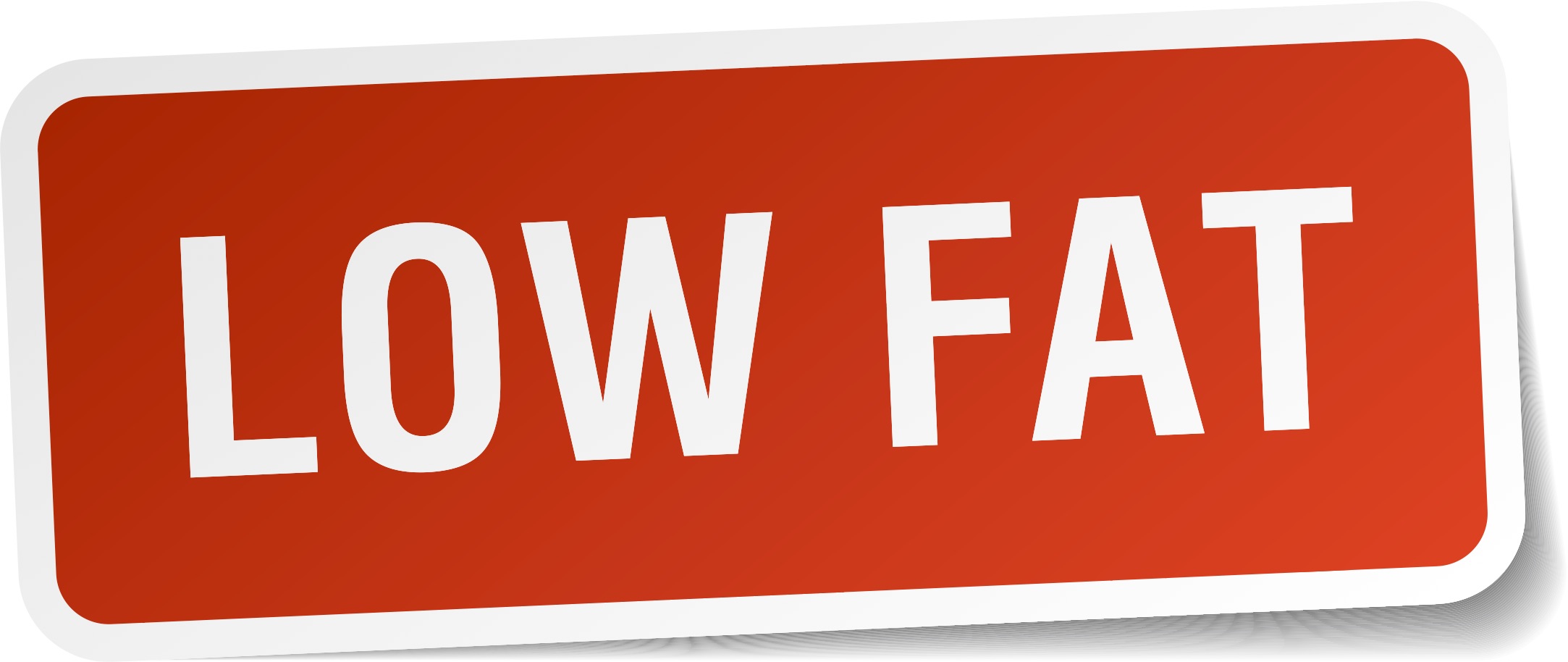
FWD’s Final Word: High fat, salt and sugar products
What’s all this about?
The government is consulting on possible restrictions to the way shops and restaurants promote high fat, salt and sugar (HFSS) products in England and Wales. It’s considering how pricing and location in store affects purchases.
Why are they doing this now?
As we prepare for Brexit, this is low down the list of priorities for sure. But every point in the supply chain, including wholesalers, has a role to play in tackling food-related health issues and FWD members support the government’s ambitions to reduce childhood obesity. But it’s our job to look at the proposed measures and tell government if they would be ineffective or impractical, or have a disproportionate impact on one section of the supply chain.
By which you mean wholesalers and their customers?
Yes. We represent the wholesale sector on these issues, speaking uniquely on how they impact wholesalers. The clue’s in our name.
So what’s the consultation looking for?
It’s asking for views on restricting price promotions like Buy One, Get One Free and free refills of sugary soft drinks, and restricting the placement of HFSS food and drink at checkouts, aisle ends and store entrances. It’s also asking which products should be defined as HFSS and which businesses should face restrictions.
Which products would be included?
A long list: sugar-sweetened soft drinks, breakfast cereals, yoghurts, biscuits, cakes, confectionery, morning goods, puddings, ice cream, sweet spreads, fruit-based drinks, milk-based drinks with added sugar, ready meals, pizzas, meat products, savoury snack products, sauces and dressings, prepared sandwiches and composite salads. So, most of your average c-store.
What’s your view of the proposals?
There’s limited evidence to suggest these measures will improve public health or reduce obesity. We’re concerned that complying with restrictions on multi-buys, promotions, and location of products will be much harder on the foodservice operators and independent retailers our members serve than their larger competitors.
Why is it an issue for wholesalers?
Because they sell direct to the public as well, and if they were in scope, we could end up with dual pricing and different sites within a depot – which is a disproportionate administrative burden on businesses whose sales are primarily trade-to-trade.
So what are you going to do?
We’ll be talking to officials on our members’ behalf and explain how damaging the more burdensome proposals will be to their businesses. We’ll explain the social and economic importance of smaller shops and foodservice outlets and why it’s important not to disadvantage them when there’s no real proof that the measures will be effective in reaching the intended outcome.
fat food FWD labelling salt sugar
